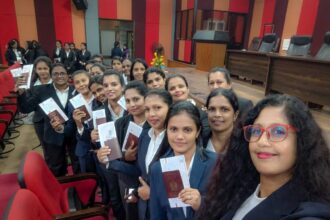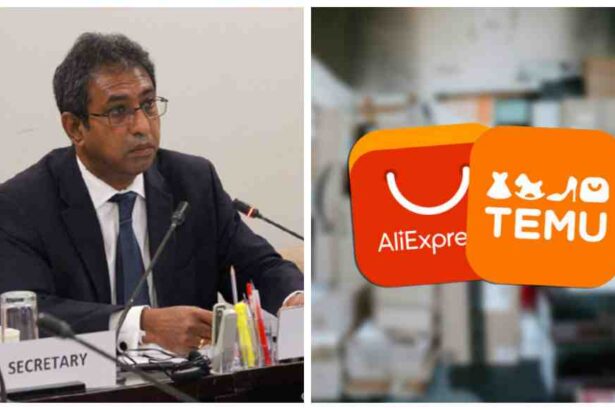Opposition MP Dr. Harsha de Silva, Chair of the Committee on Public Finance (COPF), has strongly denied accusations that he is responsible for curtailing e-commerce in Sri Lanka, calling such claims “baseless and misleading.”
In a public statement, Dr. de Silva clarified that the real issue lies in the long-standing lack of a proper legal framework for taxing cross-border e-commerce. He pointed to findings from a COPF inquiry on June 3, which revealed that Sri Lanka Customs had for years been using an informal weight-based taxation method for e-commerce imports—one without legal validity.
“This loophole allowed platforms like Temu to flood the local market with untaxed bulk imports, severely undercutting local SMEs,” he stated, adding that the government failed to implement timely corrective measures despite being aware of the issue as early as April.
Dr. de Silva further noted that Customs had attempted to revert to HS code-based taxation after the loophole was exposed. However, the absence of a dedicated framework has resulted in excessive and unreasonable import charges for consumers, with some inexpensive goods being taxed tens of thousands of rupees.
To address this, the MP has proposed the introduction of simplified HS codes specifically for B2C (business-to-consumer) e-commerce and a vendor-collected tax system, similar to those used in the European Union and Vietnam. He argued that such reforms would create fairer pricing, protect small and medium-sized enterprises, and ensure transparent tax collection.
“E-commerce should empower consumers and entrepreneurs—not penalize them,” Dr. de Silva said. “I’m fighting for a system that supports affordable online shopping, thriving local businesses, and a stronger economy.”
Full Statement
As Chair of the Committee on Public Finance (COPF), I’m committed to building a fair and transparent economy for Sri Lanka. Recent claims accusing me of curtailing e-commerce are baseless and misleading. Let’s set the record straight and address the real issue.
On June 3, 2025, our COPF inquiry exposed Customs’ informal weight-based tax system for e-commerce, which lacked legal backing for years. The government’s inaction allowed platforms like Temu to flood our market with untaxed bulk imports, undercutting local SMEs and taking undue advantage of the loopholes in the law. Then when this practice had come to light in April during meetings with stakeholders Customs had scrambled to revert to HS code-based taxation, but without a proper framework, consumers are now facing absurd costs—a 500LKR item can incur 37,000LKR in charges! This inefficiency hurts shoppers, businesses, and our economy.
I’m advocating for a dedicated and simplified HS codes for B2C e-commerce and vendor-collected taxes, like VAT systems in the EU and Vietnam, to ensure fair pricing, protect local SMEs, and boost transparent revenue collection. E-commerce should empower consumers and entrepreneurs, not penalize them. I’m fighting for a system that supports YOUR aspirations—affordable online shopping, thriving local businesses, and a stronger #Srilanka.
Watch my detailed discussion here: bit.ly/3ToW7pv
Share your thoughts below on how we can shape a fairer economic future!
#FairTradeSL #Ecommerce #SriLankaEconomy
The post Rs 37,000 Tax on Rs 500 Item: Harsha reveals E-Commerce Tax Mess appeared first on Newswire.





